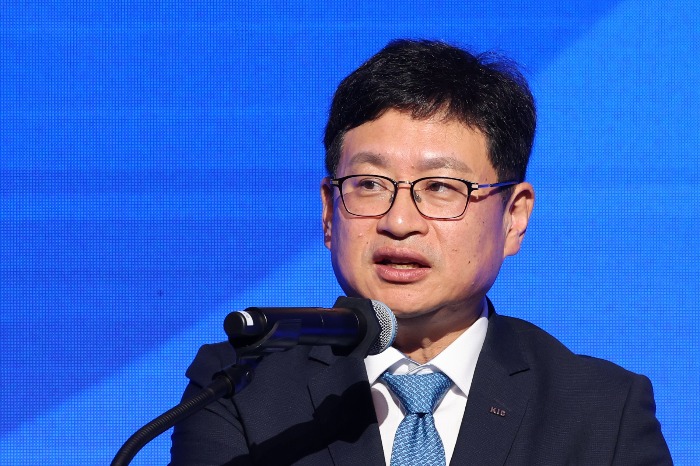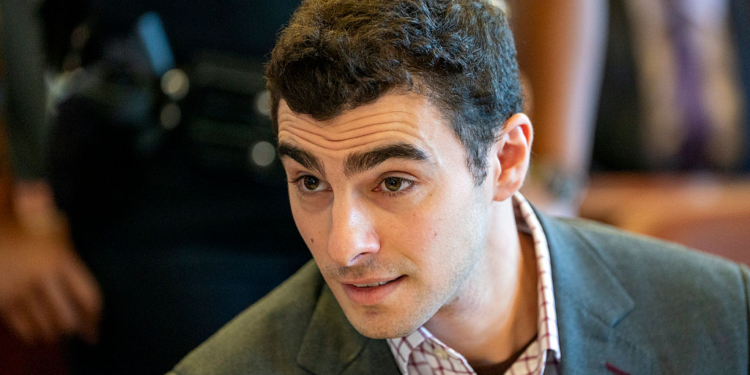BREAKING: New reports reveal the staggering rise of the UFC under Endeavor Group Holdings, highlighting the organization’s explosive growth and lucrative ownership structure. Since its acquisition for $4 billion in 2016, UFC’s value has soared to between $10 billion and $12 billion, reshaping the landscape of mixed martial arts (MMA) globally.
The Ultimate Fighting Championship, once considered an underground sport, now thrives in over 170 countries, generating nearly $1 billion annually. Fighters showcase their skills in a unique eight-sided cage, blending wrestling, jiu-jitsu, boxing, and kickboxing, transforming what was once labeled “human cockfighting” into a mainstream phenomenon.
Under Endeavor’s leadership, the organization has expanded its reach significantly. A groundbreaking billion-dollar deal with ESPN has elevated UFC’s profile, leading to a surge in production quality and fighter salaries. Notable athletes like Conor McGregor and Jon Jones landed multi-million dollar contracts, while ticket prices have skyrocketed, with pay-per-view events now costing up to $80.
Despite its financial success, the organization faces criticism for the declining percentage of revenue allocated to fighters. Currently, UFC pays athletes between 16-20% of total revenue, a stark contrast to the 50% seen in major leagues like the NBA and NFL. This disparity raises concerns about fighter welfare amidst the organization’s relentless pursuit of profit.
The UFC is structured around 12 weight classes, preventing mismatches that could jeopardize fighter safety. However, the intense pressure to perform has led to dangerous weight-cutting practices, with some fighters losing up to 25 pounds in a single week through dehydration. These practices have prompted discussions on the need for reform to ensure athlete safety without compromising competitive integrity.
Dana White, UFC’s president and a pivotal figure in its rise, retains a 9% stake in the company. His confrontational style and promotional prowess have kept UFC in the headlines, driving fan engagement. Despite controversies surrounding fighter pay and management decisions, White’s leadership has been integral to the UFC’s evolution from a struggling entity to a billion-dollar powerhouse.
With Endeavor’s ownership, the UFC has gained a competitive edge over rivals like Bellator and ONE Championship, controlling approximately 90% of the global MMA market. As international expansion continues, particularly in Asia and the Middle East, rumors swirl about potential buyers eyeing UFC, including major players like Saudi Arabia’s investment fund and tech giants such as Amazon and Netflix.
What’s next for the UFC? As Endeavor navigates its investment strategies, fans can expect more international events and a growing digital presence through streaming platforms. The organization’s future remains uncertain, with speculation that Endeavor may eventually sell when valuations peak.
The UFC’s influence in the sports world is undeniable. As it stands, the organization is not just about thrilling fights; it’s a complex financial entity maximizing profits while redefining the nature of combat sports. Fans are left to ponder: how will this impact the fighters who have propelled the UFC to its current heights?
Stay tuned for more updates on the evolving landscape of the UFC and its implications for fighters and fans alike.







